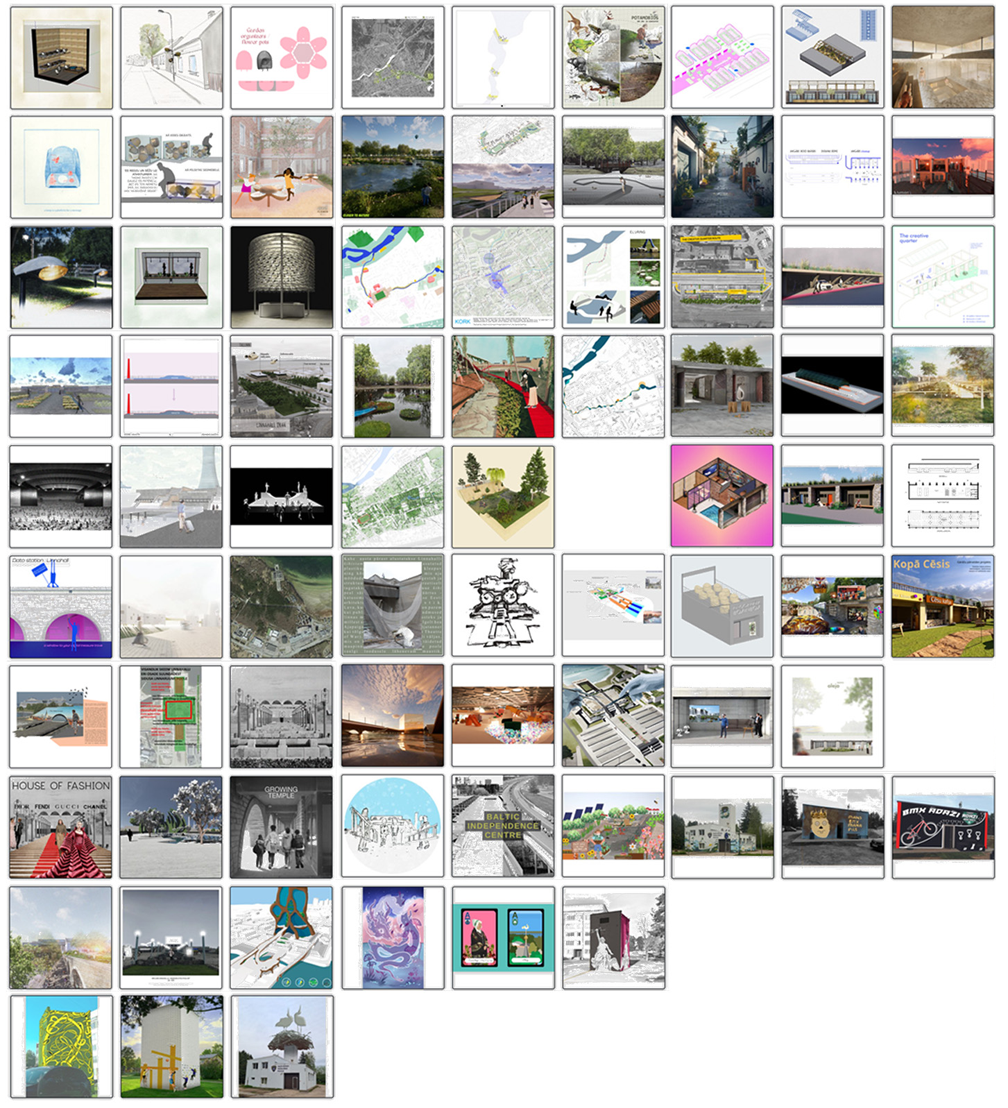
With the cooperation of the digital platform Tandeems in Latvia and the Valga Architecture Residency (VARES) in Estonia, five design competitions were held over seven months, including an idea competition for the future of the former Tallinn city hall. A free digital tool for organising online idea competitions has also been developed during the project.
Tandeems and VARES worked with unusual design challenges in Latvia and Estonia, exploring the potential of the urban environment and opportunities to involve young people in creating their environment. Young professionals from the Baltic countries took part in the series of workshops and ideas competitions, whose submitted applications and visions can be found on the organiser’s website.
The workshop, Possible Futures of Linnahall, received the greatest response. The competition aimed to find new uses for the now-abandoned Tallinn city hall, the largest brutalist structure in the Baltics. 45 development proposals were submitted to the competition; among the winners was a radical proposal (Linnakivi) to break away from the binary of man-made or natural environment, seeing the city hall as a rock riddled with tunnels and caves and allowing it to continue to age with minimal and thoughtful interventions. The competition proposal frees the abandoned building from sociopolitical and historical layers, «naturalising» it and inviting people, flora, and fauna into the concrete megastructure. Another winner of the competition (Uusvana) solved the problem of the need for significant investment by offering to demolish the city hall along the central axis, opening it to daylight, creating a pedestrian promenade to the sea, and reserving the remaining area for new construction. In the context of the often discussed huge costs of renovating the hall, the offer to save only half of it is more pragmatic than it might seem at first glance. Among the winning proposals is also a vision for the construction of a Culture, Sports, and Music Centre, turning the city hall into an open-air stage. This vision also answers the question of the necessary restoration costs, offering sustainable and small interventions while preserving the historical substance. Materials and objects from the historic interior are moved and reused, returning the town hall to some of its original functions, such as the ice rink.
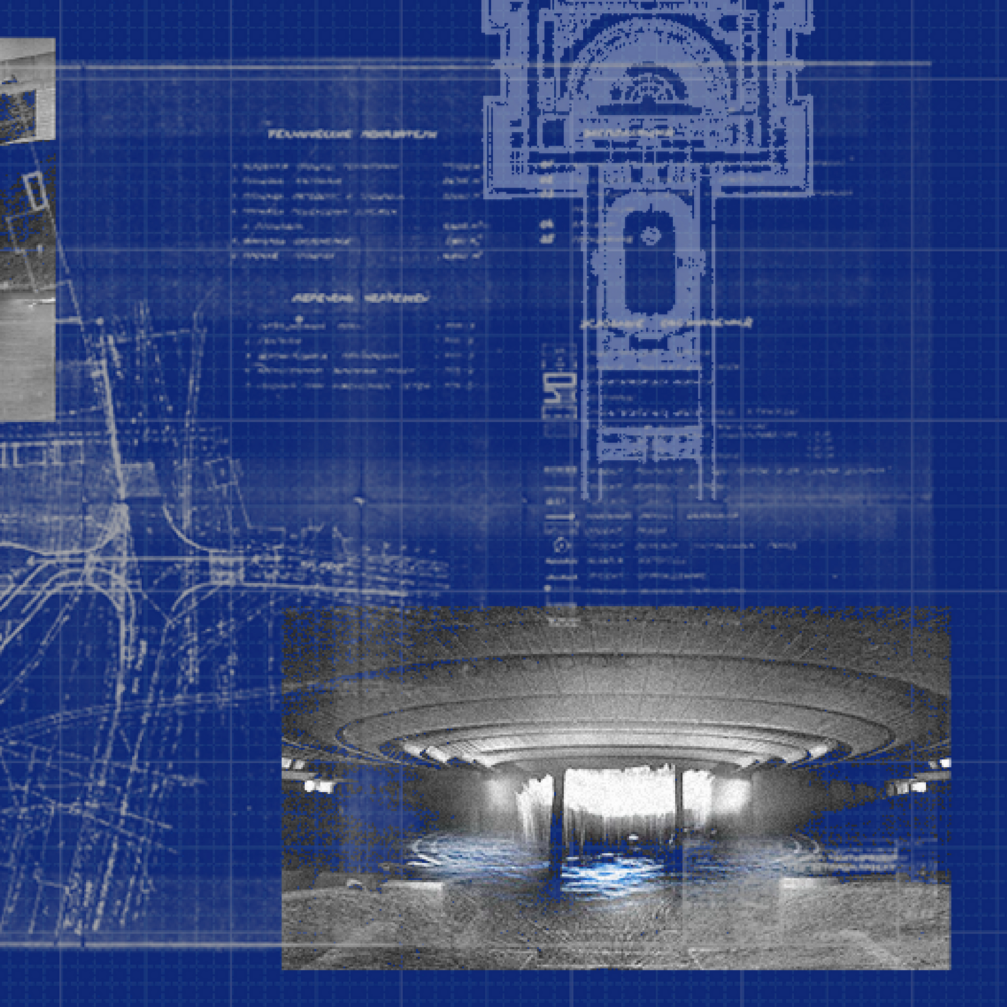
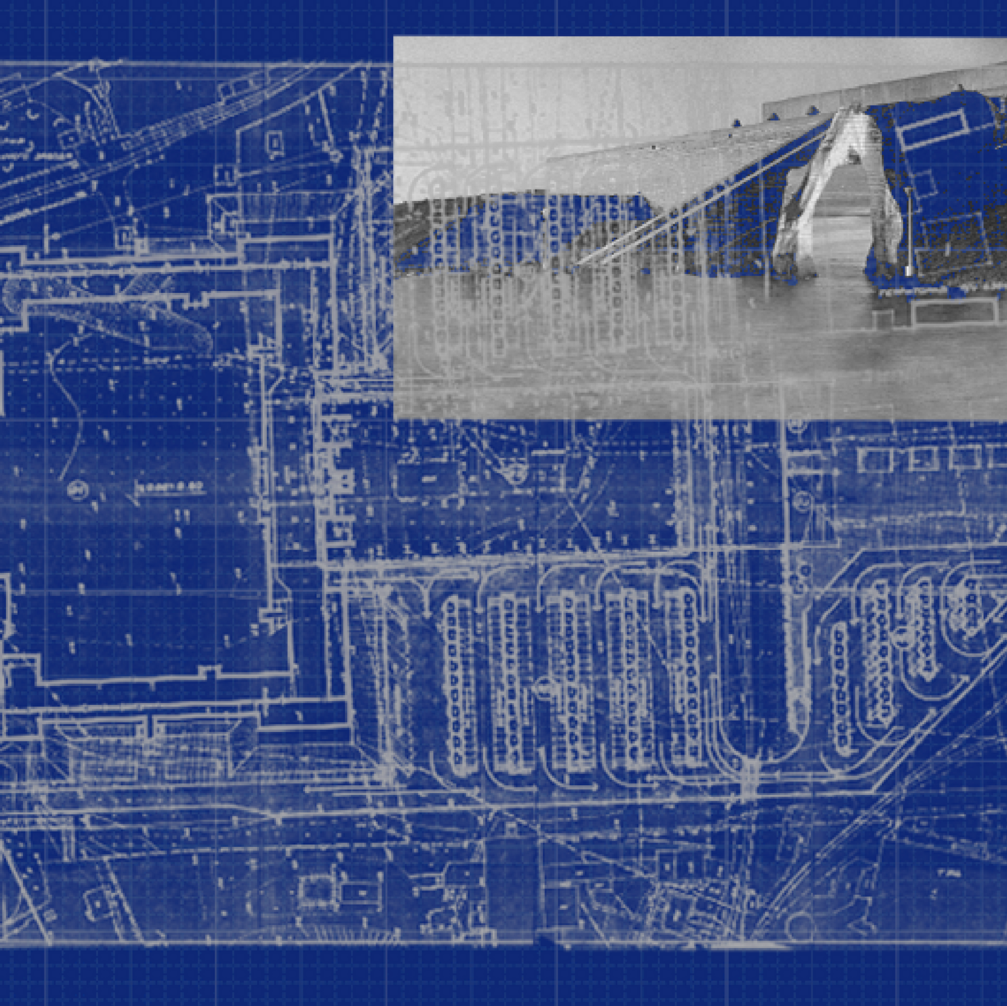
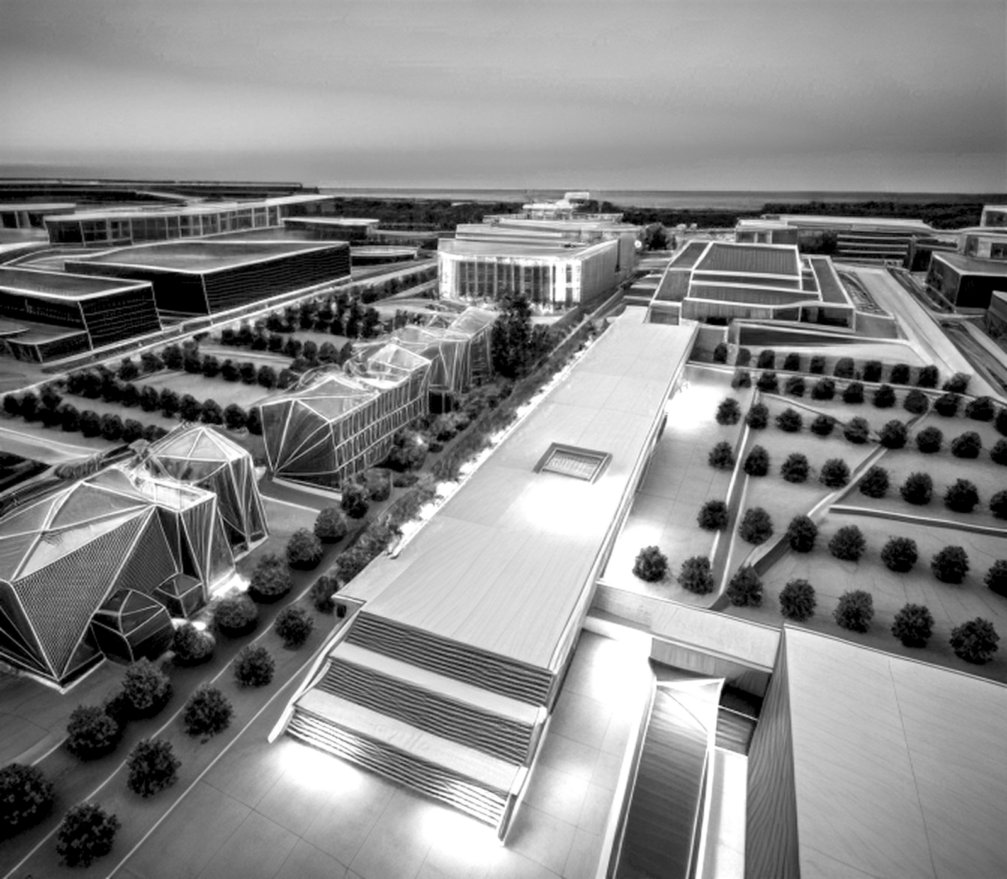
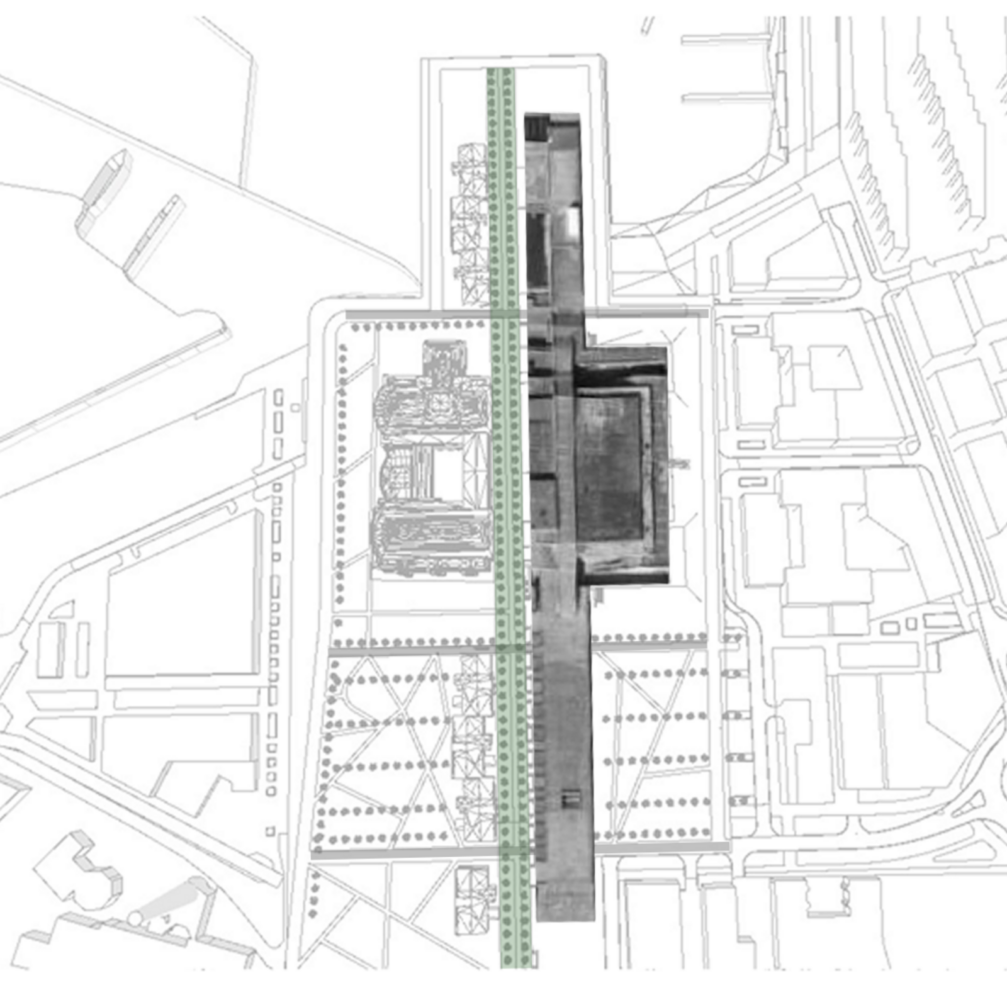
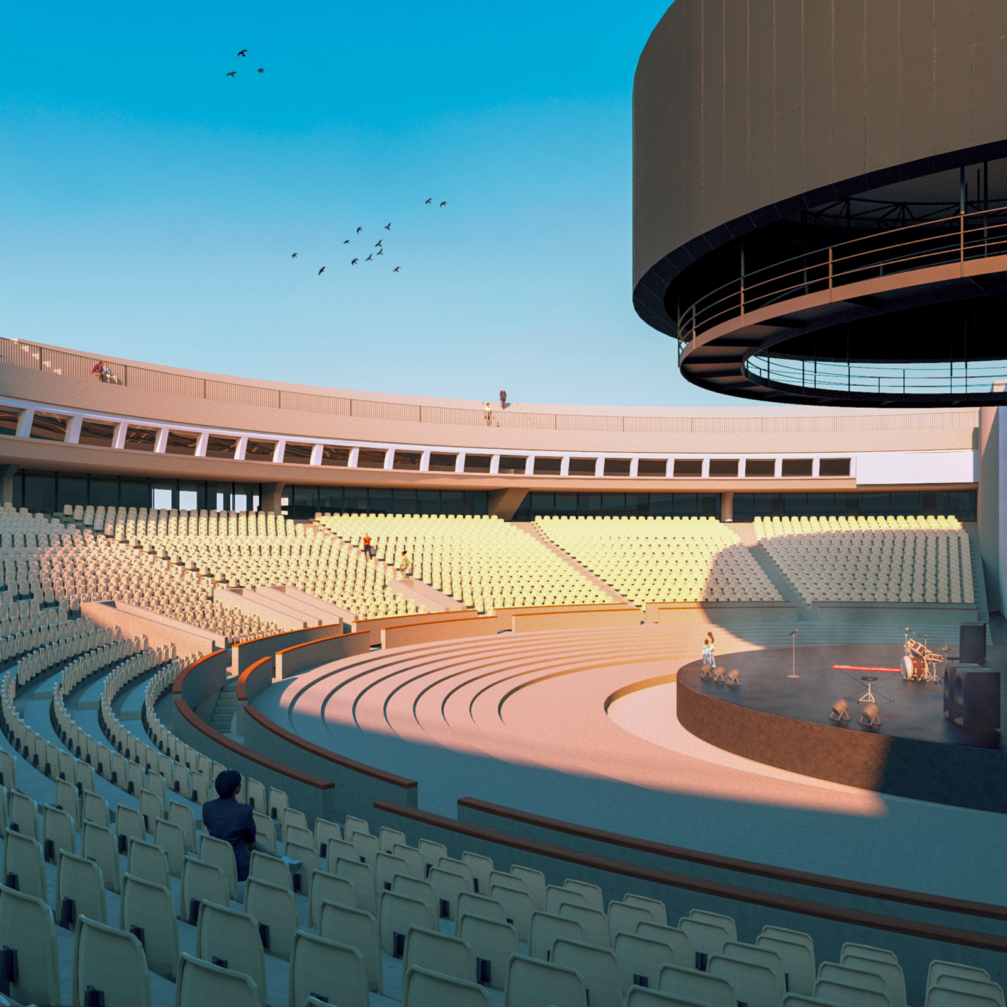
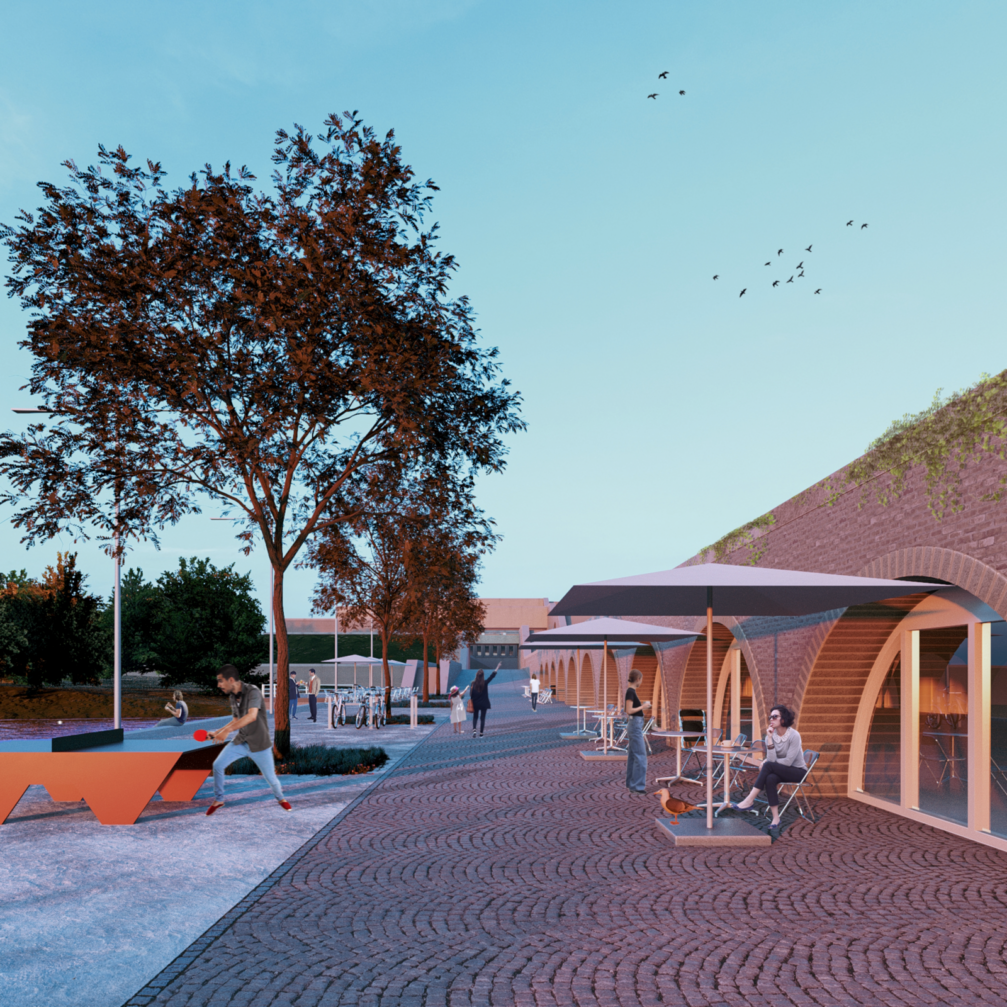
In Cēsis, the workshop Future of Garage focused on the typology of garages and the ways in which they can fit into the 21st century urban lifestyle. Workshops and research revealed that car storage and repair are rarely the main functions of garages in Cēsis — the built-in electronics of modern cars make them difficult to repair and garage pits — redundant. One of the competition entries proposes to transform the garage complex on Raiņa Street into micro workplaces — small co-working studios for remote employees, small entrepreneurs, artists, musicians, and designers.
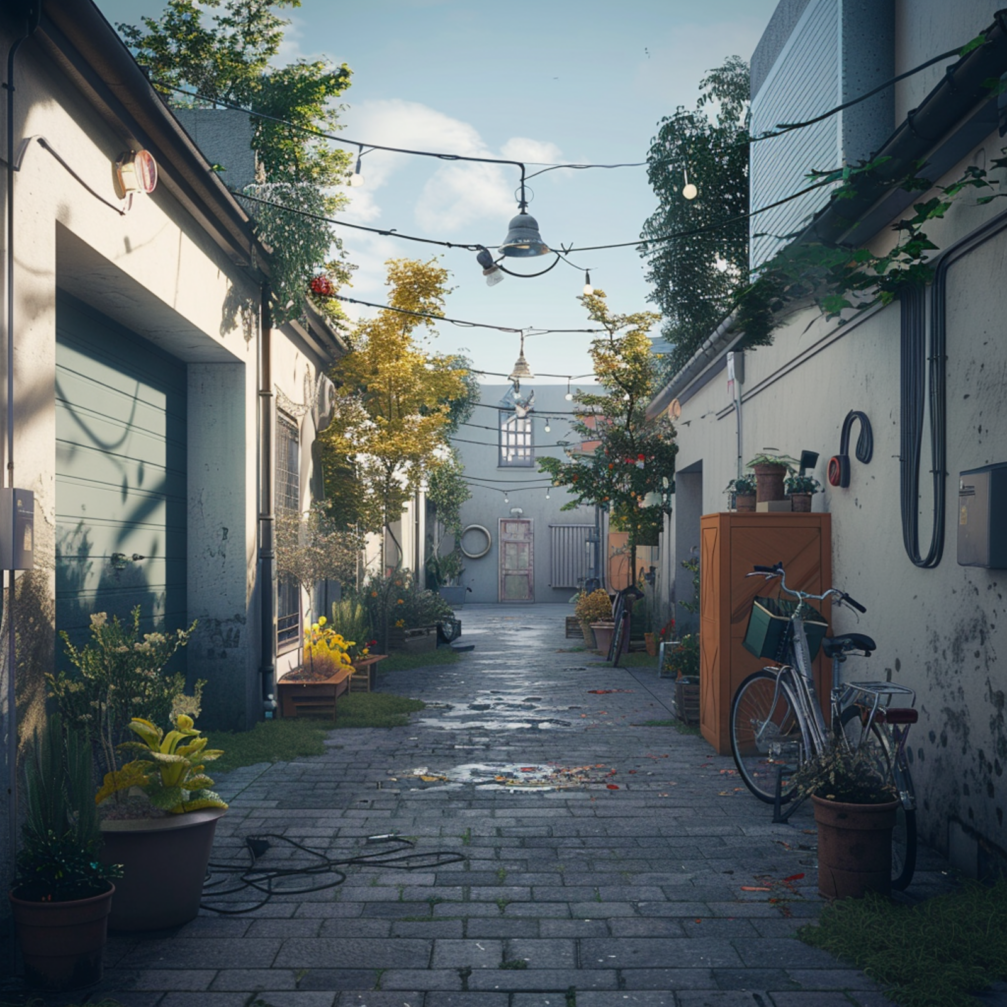
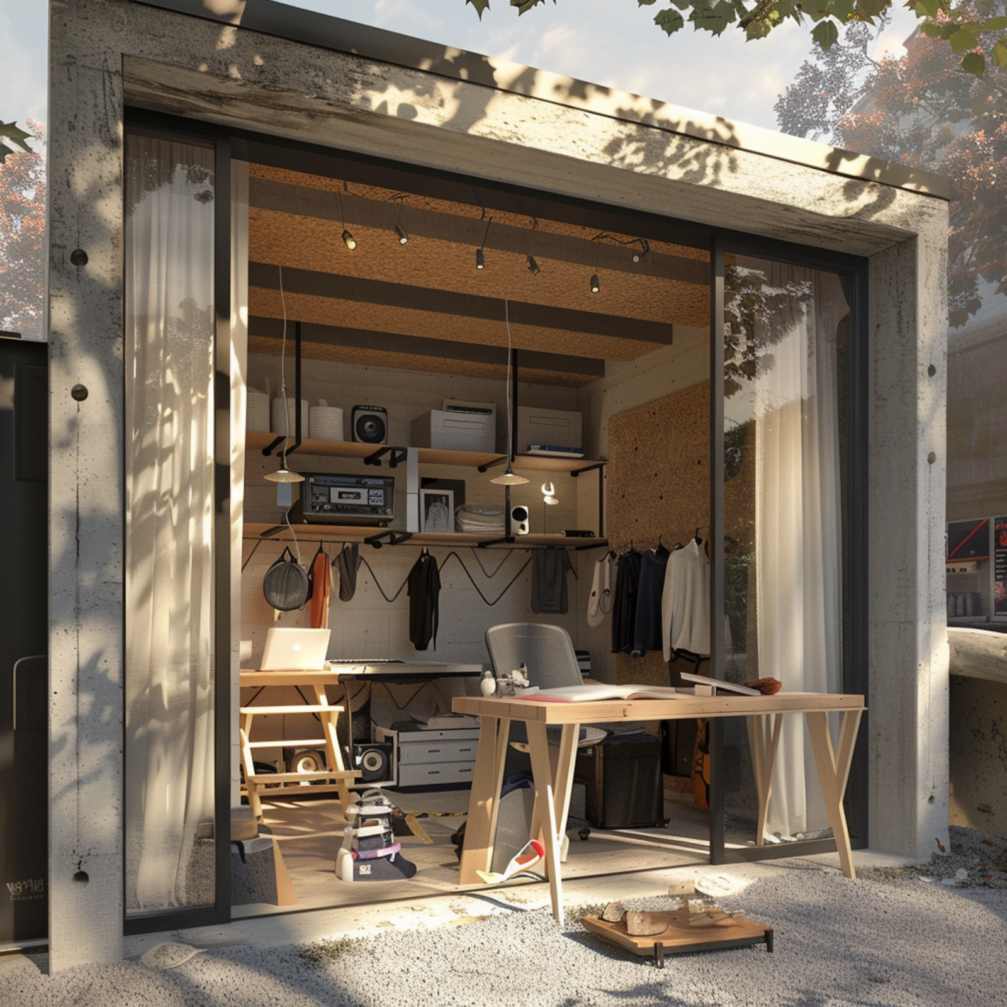
During the project Flock of Ideas, competitions were also held to look for solutions for the reuse of outdated street lamps, new uses of street art, and urban watercourses, and were accompanied by various related events and lectures. The competition proposals are generally characterised by a conceptual approach. The key component for competition entries is a clear understanding of the given task and a vision of the possible future of the location, rather than concrete, detailed solutions. «The main challenge was to find a way to involve the wider public in the creation of design. To expect that people without professional skills will be able to create a design is naive; however, any resident can get involved by defining a problem and sharing their knowledge of familiar places and situations,» comments one of the project organisers, Kārlis Jaunromāns from Tandeems.
Those who didn’t get to participate in any of the competitions will have another chance, as the beta version of Tandeems Wild has been released. It’s free for anyone to host their own competition for friends, colleagues, students, and any community that would like to anonymously collect ideas and choose the most compelling. Until July 15, VARES calls for spatial practitioners and thinkers to apply for their summer school on spatial activism.

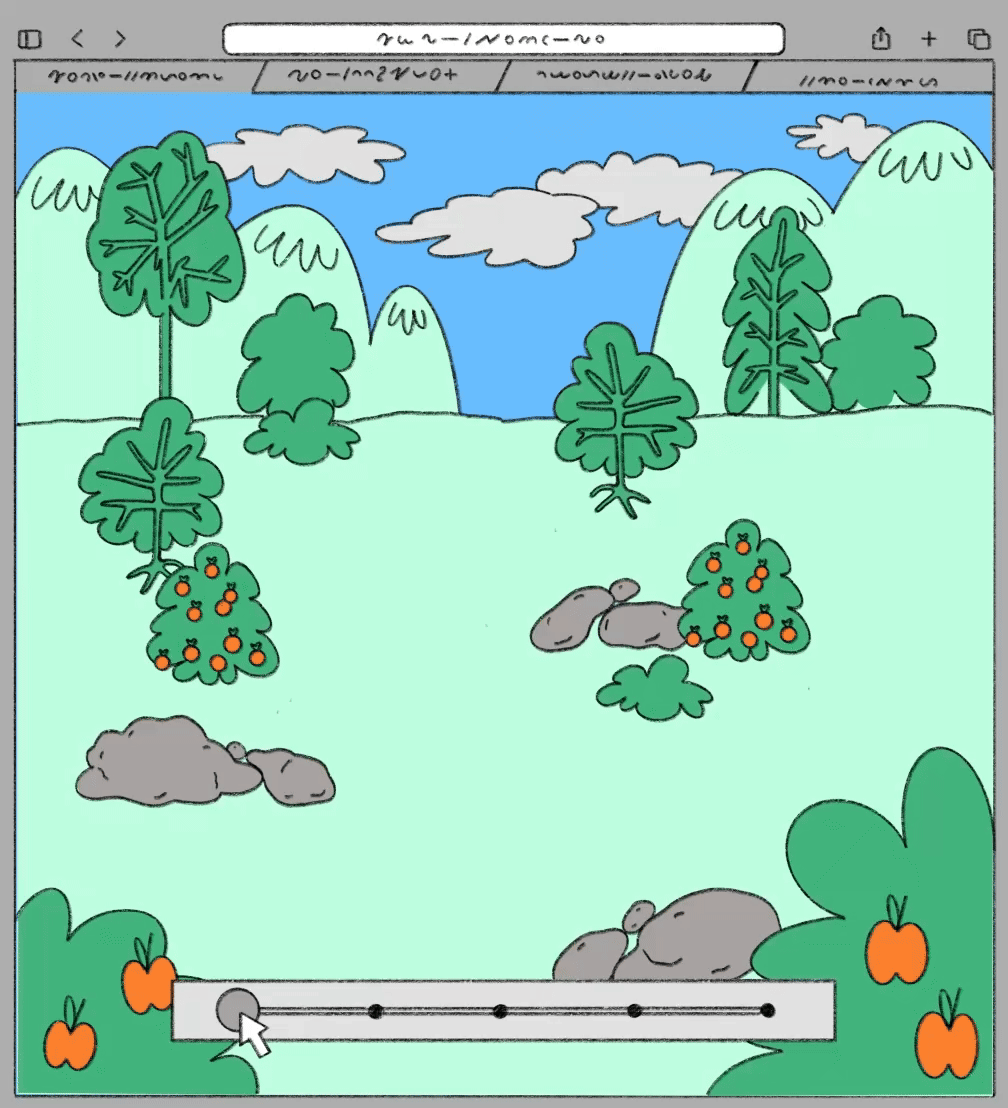
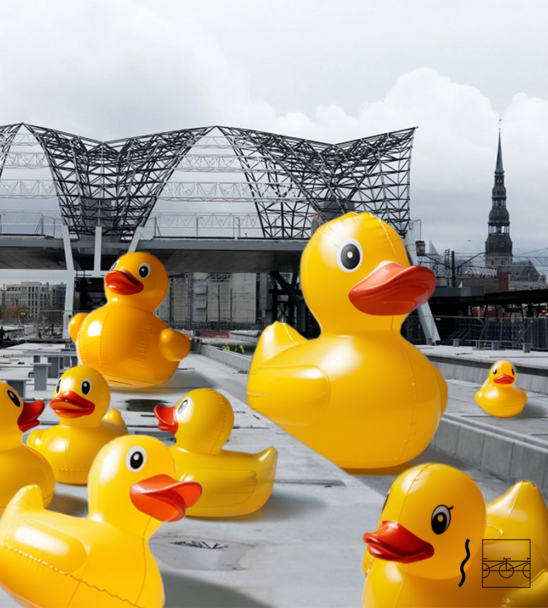
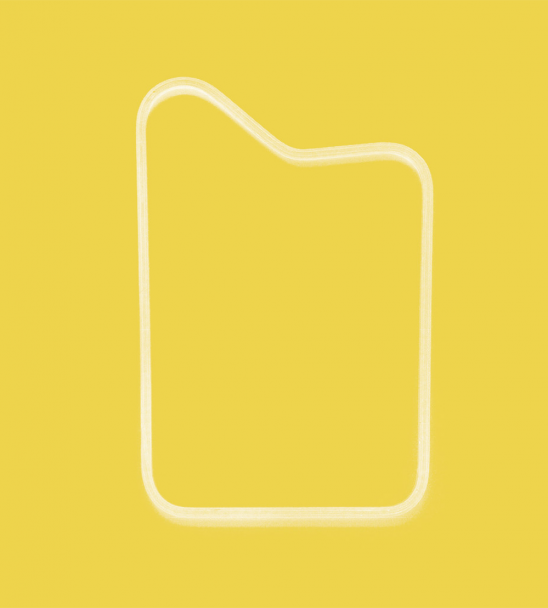
Viedokļi